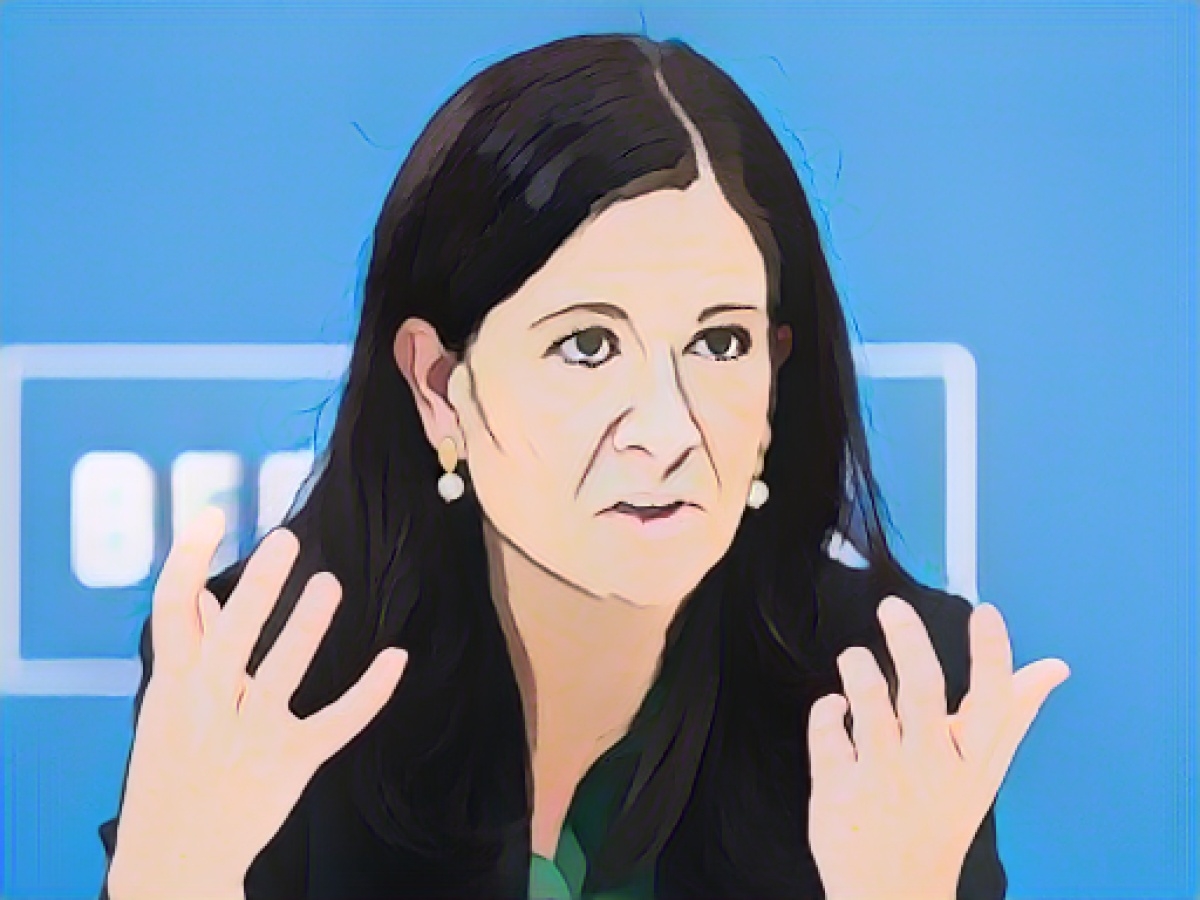Schools Should Grapple with Gaza War in Lessons, Emphasizing Empathy and Dialogue
In the aftermath of the fall break, Berlin schools are once again grappling with how to handle the ongoing conflict between Israel and Hamas in their classrooms. The education administration encourages teachers to address the topic and encourage discussions, keeping in mind the importance of countering anti-Semitism.
Gaza War in the Classroom
According to the Berlin Senate Department for Education, discussions around the Gaza war should be a part of schools' curriculum. "Engaging with this topic, including the exchange of different perspectives, is both permissible and desirable," a spokesperson stated to the German Press Agency. The department has provided schools with teaching suggestions, online training courses, and collections of relevant materials to support these discussions.
Several initiatives, including further training events, advice options, and literature recommendations, are at the disposal of schools to ensure they handle this sensitive topic effectively and respectfully.
Educators' Role
It is crucial for educators to offer a safe and conducive environment where students can share diverse perspectives on the Gaza war. "Our primary goal is to foster an atmosphere that encourages open dialogue and critical thinking," explains Stephan R., a teacher at a Berlin high school.
To achieve this, R. suggests discussing the historical context and complexities of the conflict with students. Moreover, integrating trustworthy learning materials that focus on human rights, empathy, and critical thinking makes this challenging topic less daunting and more accessible.
Fighting Extremism
When addressing the Gaza war in schools, educators can take inspiration from numerous strategies to promote understanding and prevent extremism. This may include:
- Offering historical context: With a solid foundation of historical facts, students can develop a nuanced understanding of the conflict and its underlying issues.
- Emphasizing balanced perspectives: Utilize various sources, including academic articles, documentaries, and personal accounts, to showcase multiple viewpoints, fostering critical thinking and empathy.
- Supporting students emotionally: Following an empathetic approach and creating a safe learning environment can help students cope with the emotional impact of the war.
Preparing for Controversial Topics
Educators are encouraged to communicate openly with students, understand their opinions, and address potential conflicts with sensitivity. Engaging in early conversations, debates, and role-playing exercises can help establish a foundation of empathy and critical thinking, reducing the likelihood of volatility or violent extremism.
While challenges related to extremism in schools may be limited, they should still not be underestimated. By working together with schools, community partners, and students, educators can develop robust and responsive strategies tailored to their specific contexts, ensuring a safe and inclusive learning experience for all.
Sources:
Enrichment Data:
To adequately tackle the Gaza war as a school topic, educators can incorporate several approaches to promote understanding, empathy, and dialogue while minimizing the risk of extremism. Some effective methods include:
- Providing a historical context: By understanding the background of a conflict, students can gain a more nuanced perspective, reducing the chances of stereotyping and oversimplification.
- Encouraging balanced perspectives: Utilizing a variety of sources and inviting guest speakers or holding panel discussions can help students observe different viewpoints and improve their critical thinking skills.
- Promoting emotional support: Acknowledging the emotional toll of sensitive topics and providing resources such as counseling, peer support groups, or mindfulness exercises can improve students' well-being.
- Introducing psychosocial support: Integrating psychosocial interventions to help students process trauma and build resilience can contribute to their overall sense of safety and belonging.
- Collaborating with local organizations: By partnering with community organizations, educators can create learning experiences that enrich students' understanding of the conflict and its impact on those affected, promoting a more empathetic perspective.
By implementing these strategies, educators can create a positive learning environment, empowering students to navigate controversial topics with empathy, critical thinking, and understanding.








